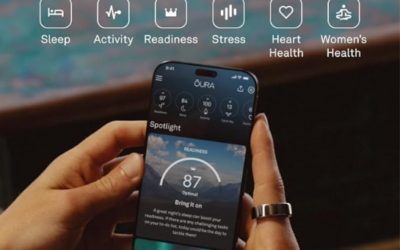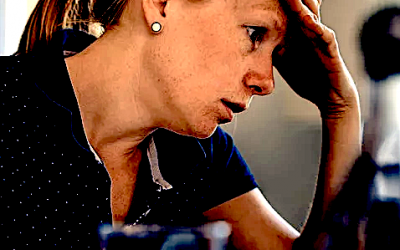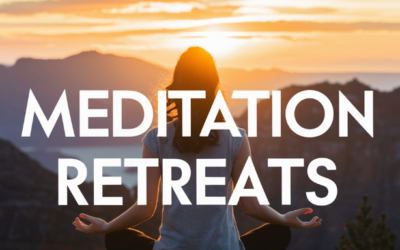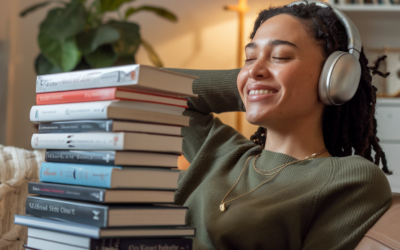The COVID-19 pandemic is affecting mental health with populations having increased anxiety, feelings of isolation, and not enough access to mental healthcare. Also, since the coronavirus pandemic there has been an increase in domestic abuse and a spike in the divorce rate.
An online survey was conducted in late March 2020 in the UK, the same week their nationwide lockdown measures were announced. Respondents were asked about their biggest mental health and well-being concerns and coping strategies as they relate to the COVID-19 pandemic.
Results showed that the primary concern was anxiety, which was cited in 750 responses. Reported symptoms included overthinking, crying, nausea, heart palpitations, sleep disturbance, and a sense of guilt about not knowing how to help others. Some of the other respondents were worried about social isolation, becoming mentally unwell, lack of access to mental health services, and the impact of the pandemic on personal relationships.
The findings were used by a panel of experts to inform a position paper published online April 15 in the Lancet Psychiatry. The paper outlines a proposed government response to curb the long-term "profound" and "pervasive" impact of the pandemic on mental health.
One of the co-authors of the paper, Emily A. Holmes, PhD, Department of Psychology, Uppsala University, Uppsala, Sweden said in a release "Governments must find evidence-based ways to boost the resilience of our societies and ... to treat those with mental ill health remotely to come out of this pandemic in good mental health,"
"Front-line medical staff and vulnerable groups such as the elderly and those with serious mental health conditions must be prioritized for rapid mental health support," she added.
One of the evidence-based ways to boost the resilience of our societies and cultivate well-being is through the practice of meditation. If having access to a mental health practitioner is not exactly convenient, there are science based ways to use your mind to restore calmness on your own.
Dr. Richard Davidson, Founder and Director of the Center for Healthy Minds at the University of Wisconsin-Madison and Healthy Minds Foundations, is affiliated with the nonprofit on a mission to translate science into tools to cultivate and measure well-being.
Davidson is best known for his groundbreaking work studying emotion and the brain. He is a highly sought after expert and speaker on well-being on international stages such as the World Economic Forum, where he serves on the Global Council on Mental Health. Time Magazine named Davidson one of “The 100 Most Influential People in the World” in 2006.
To begin to meditate for your own well-being, consider doing this guided meditation with Dr Richard Davidson. The meditation starts at 4:15 if you want to scrub forward and dive right in.
If you like more resources on well-being, follow Healthy Minds on Twitter...
Currently, they have resources specific to COVID-19 on their website. Check out this COVID 19 Well-Being Toolkit! https://t.co/PzhceLjaq7 @healthyminds
— Mrs. Jonart (@MrsJonart191) April 21, 2020
If meditation leaves you wanting, try to become more mindful of your negative self-talk which could be causing needless worry.
One of the strategies to maintain your mental wellness during the COVID-19 pandemic, recommended by the Canadian Association of Mental Health, is to become aware of how you can trigger anxiety.
Our stress and anxiety generally cause us to focus on negatives and trigger “What if” questions, such as “How will I cope if I get sick?” or “How will I manage if I have to self-isolate?”, can also drive us to think about worst case scenarios.
In stressful situations, it's common to overestimate how bad the situation can get, but underestimate how well you can cope.
People are resilient and have coping skills they use every day.
- Think of difficult or challenging situations you have an encountered that you were able to manage. Even if things weren’t perfect, what did you do to cope with the situation?
- Remind yourself that you can handle stress and that if you feel you need support, you can reach out to family, friends, colleagues or professionals.
- Remember our collective resources – from excellent health care and public health response systems to strong and resilient communities. Try to replace catastrophic thoughts with something like, "This is definitely a difficult time, but we will get through it together."
- Don’t underestimate what you are able to do when faced with challenges.






























